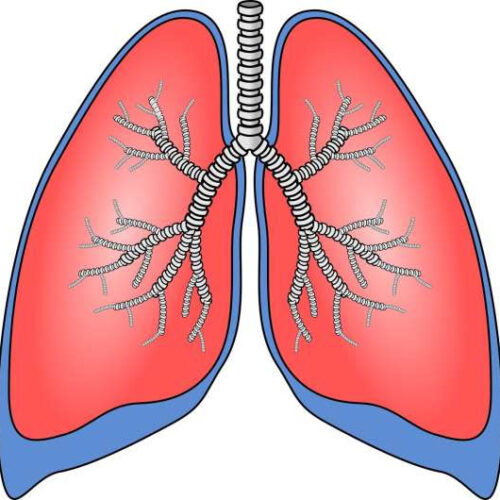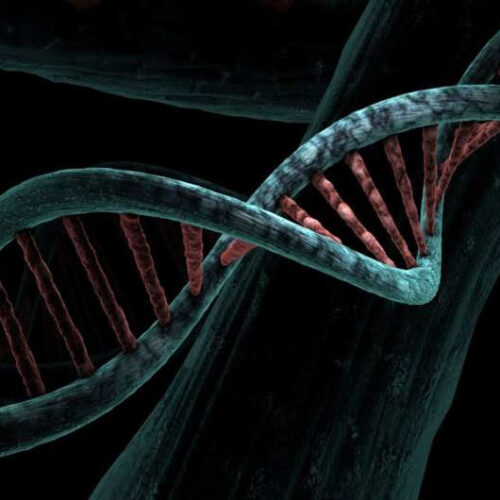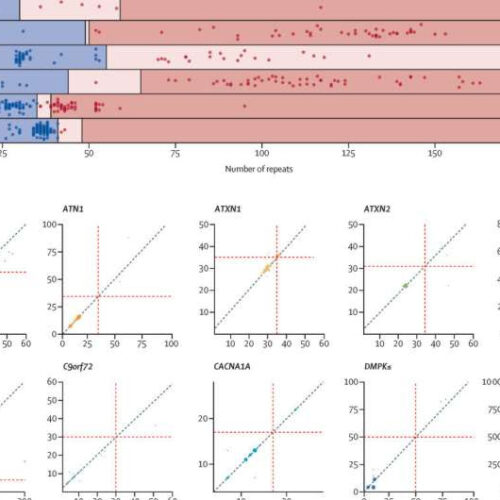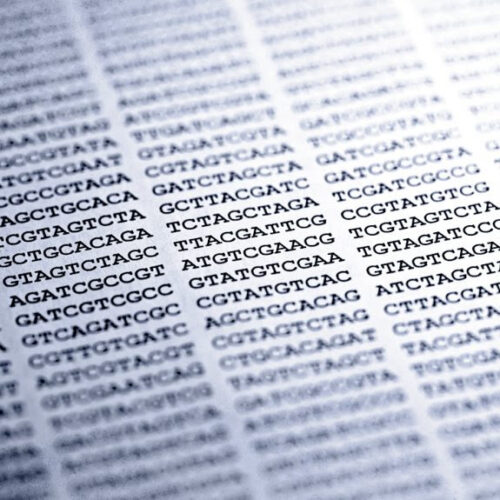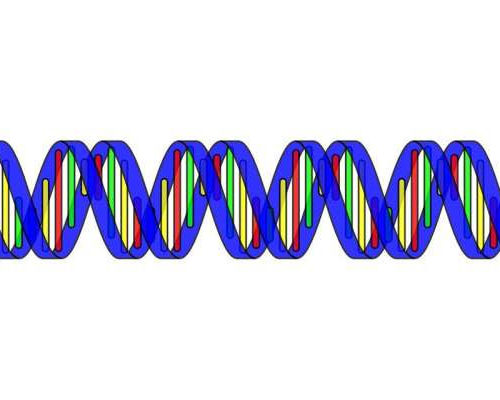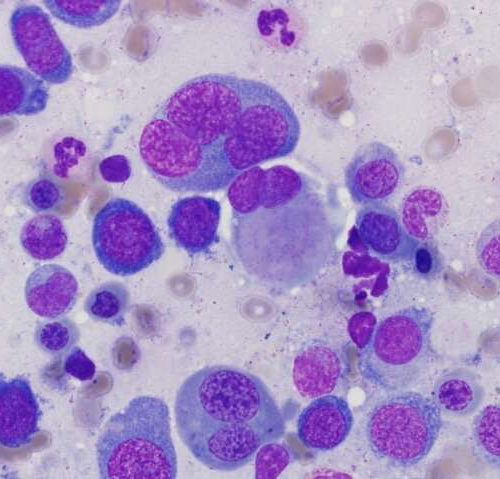NEWS RELEASE 10-JUN-2024 When is genome sequencing advisable? Peer-Reviewed PublicationUNIVERSITÄT LEIPZIG Genetic mutations in human DNA can prevent proteins that perform important functions in the body from being formed correctly. This can lead to serious disorders that cause disease or even disability. Many of these diseases are already known and can be attributed to specific...
Tag: <span>genome sequencing</span>
Genome sequencing reveals underdiagnosed cause of long-term lung condition
by University of Southampton Credit: Pixabay/CC0 Public Domain Southampton clinical researchers, working as part of a UK team, have shed new light on causes of bronchiectasis, a long-term lung condition currently effecting more than 200,000 people in the UK. People who have bronchiectasis experience a persistent cough, shortness of breath and recurring infections because their...
Largest study of whole genome sequencing data reveals ‘treasure trove’ of clues about causes of cancer
by University of Cambridge Credit: Pixabay/CC0 Public Domain DNA analysis of thousands of tumors from NHS patients has found a ‘treasure trove’ of clues about the causes of cancer, with genetic mutations providing a personal history of the damage and repair processes each patient has been through. In the biggest study of its kind, a...
Whole genome sequencing detects the most common inherited neurological diseases
by Queen Mary, University of London Performance of repeat expansion detection using whole genome sequencing (A) Swim lane plot showing sizes of repeat expansions predicted by ExpansionHunter across 793 expansion calls. Each genome is represented by two points, one corresponding to each allele for each locus, with the exception of those on the X chromosome...
Whole genome sequencing increases diagnosis of rare disorders by nearly a third, study finds
by University of Cambridge Credit: CC0 Public Domain Mitochondrial disorders affect around 1 in 4300 people and cause progressive, incurable diseases. They are amongst the most common inherited diseases but are difficult for clinicians to diagnose, not least because they can affect many different organs and resemble many other conditions. Current genetic testing regimes fail...
Cancer advances: Dr. William G. Nelson discusses genome sequencing and immunotherapy
Dr. William G. Nelson is the director of the Johns Hopkins Kimmel Cancer Center, in Baltimore, MD, and a professor of oncology. In this article, he discusses two rapidly developing approaches to cancer treatment: Genome sequencing and immunotherapy. Cancer research shows no signs of slowing. isak55/Getty Images Dr. Nelson is also the editor-in-chief of Cancer Today,...
More precise diagnoses made possible with whole genome sequencing
by Karolinska Institutet Credit: CC0 Public Domain More than 1,200 people with rare diseases have received a diagnosis thanks to the integration of large-scale genomics into the Stockholm region’s healthcare system. This is according to a study from Karolinska Institutet in Sweden that analyzed the result of the first five years of collaboration on whole genome...
Promising role for whole genome sequencing in guiding blood cancer treatment
by Washington University School of Medicine A new study from Washington University School of Medicine in St. Louis shows that whole genome sequencing is at least as accurate and often better than conventional genetic tests that help determine the treatment for blood cancers, such as acute myeloid leukemia and myelodysplastic syndrome. Pictured is a bone marrow...
Precision health in the palm of your hand
by Steve Crang, University of Michigan Precision health is an approach to wellness that takes into account variability in genes, environment, and lifestyle for each person. And thanks to advancements in technology, it’s here today. Credit: University of Michigan Precision health is an approach to wellness that takes into account variability in genes, environment, and lifestyle...

